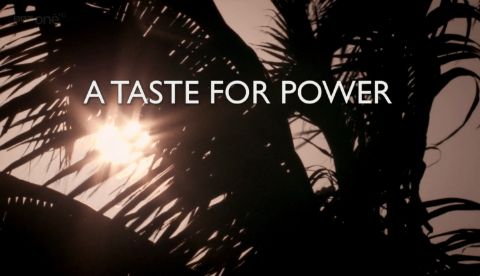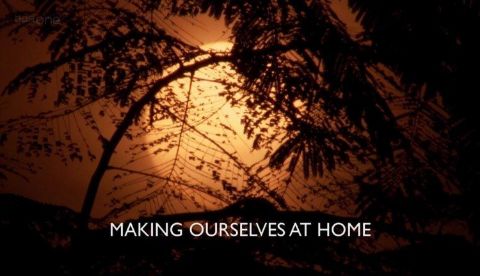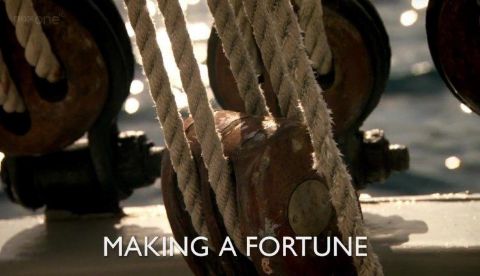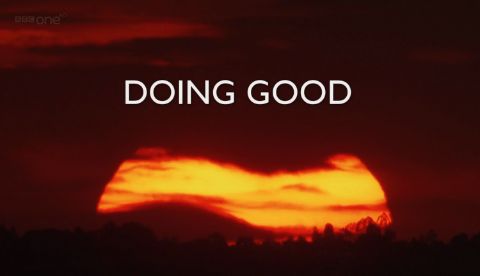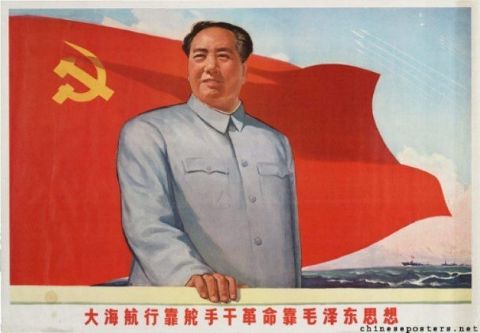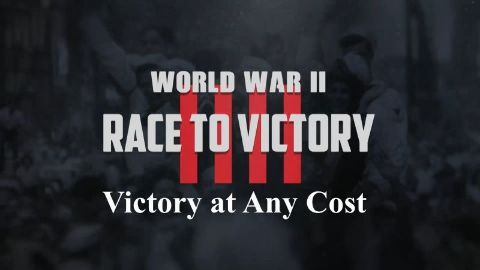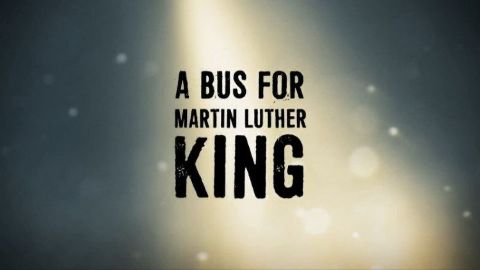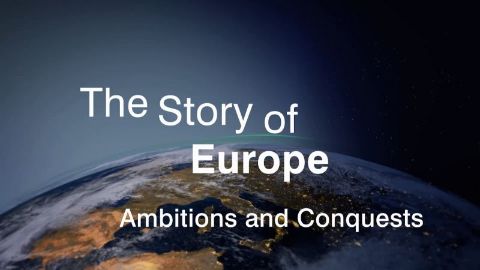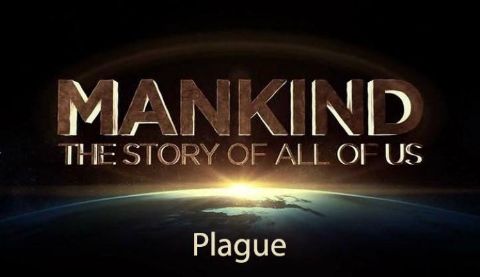Making a Fortune • 2012 • episode "S1E4" • Empire
Jeremy Paxman continues his personal account of Britain's empire, looking at how the empire began as a pirates' treasure hunt, grew into an informal empire based on trade and developed into a global financial network. He travels from Jamaica, where sugar made plantation owners rich on the backs of African slaves, to Calcutta, where British traders became the new princes of India. Jeremy then heads to Hong Kong, where British-supplied opium threatened to turn the Chinese into a nation of drug addicts - leading to the brutal opium wars, in which Britain triumphed and took the island of Hong Kong as booty. Unfair trading helped spark the independence movement in India, led by Mahatma Gandhi; in a former cotton spinning town in Lancashire, Jeremy meets two women who remember Gandhi's extraordinary visit in 1931.
Make a donation
Buy a brother a hot coffee? Or a cold beer?
Hope you're finding these documentaries fascinating and eye-opening. It's just me, working hard behind the scenes to bring you this enriching content.
Running and maintaining a website like this takes time and resources. That's why I'm reaching out to you. If you appreciate what I do and would like to support my efforts, would you consider "buying me a coffee"?
Donation addresses
BTC: bc1q8ldskxh4x9qnddhcrgcun8rtvddeldm2a07r2v
ETH: 0x5CCAAA1afc5c5D814129d99277dDb5A979672116
With your donation through , you can show your appreciation and help me keep this project going. Every contribution, no matter how small, makes a significant impact. It goes directly towards covering server costs.
